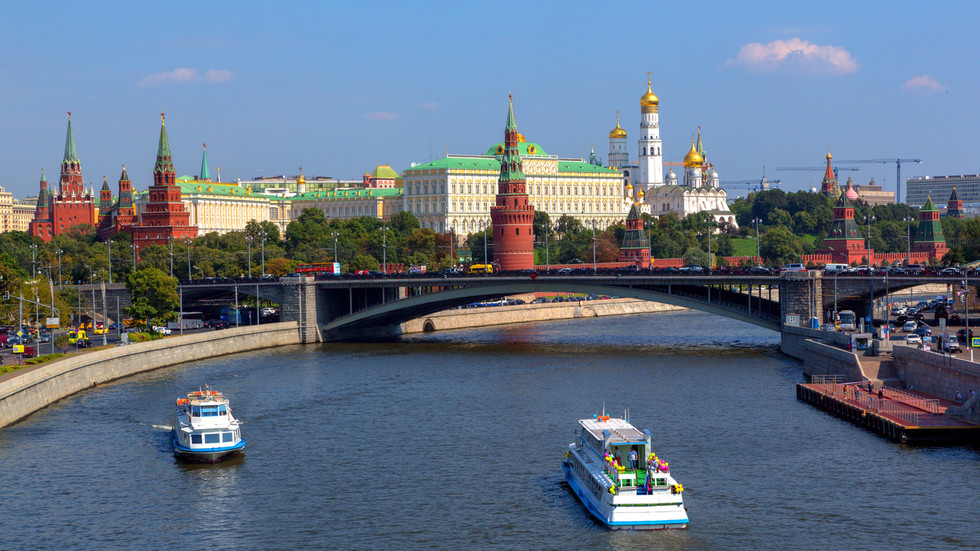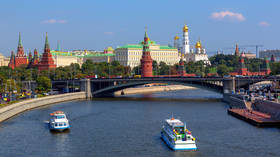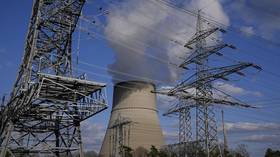
Brussels has reportedly run out of options to further penalize Moscow

© Getty Images / Arthit Somsakul
The European Union has exhausted its options for further economic restrictions against Russia, the Financial Times reported on Thursday, citing EU officials.
The bloc has so far adopted ten rounds of sanctions in response to the Ukraine conflict and is currently working on an eleventh package of punitive measures against Moscow. Meetings between the European Commission and member state officials to informally discuss new actions will start on Friday, FT wrote.
Officials working on further sanctions told the outlet that they are likely to be limited to expanding the list of individuals subject to asset freezes and travel bans, as well as steps to scale up existing measures by closing loopholes.
Most officials reportedly admitted that those parts of the Russian economy that were left unsanctioned are parts that one or more EU member states “can’t live without,” and thus measures targeting them would be vetoed.
“We are done,” one of the officials told FT, adding: “If we do more sanctions, there will be more exemptions than measures.”
New restrictions could reportedly target Russia’s nuclear fuel and services exports, but those would be opposed by some member-states, such as France, Hungary, and others.

Sweeping EU sanctions have targeted various sectors of the Russian economy as well as individuals and entities. According to FT, almost 1,500 people and more than 200 entities are currently subject to asset freezes and travel bans. The report indicated that the bloc’s restrictive measures have banned bilateral trade flows worth more than €135 billion ($148 billion), including energy imports from Russia, as well as exports of technology, machinery, and electronic goods. Some €21.5 billion worth of assets belonging to sanctioned individuals and entities has been frozen, alongside €300 billion of Russian central bank reserves.
Many economists and politicians, however, have argued that the embargos harm the West more than Moscow.
Hungarian President Viktor Orban has repeatedly called for “the failed policy of Brussels” to be changed, noting that the sanctions “didn’t fulfill the hopes that were pinned on them,” while Europe is “slowly bleeding.”
Meanwhile, Russian President Vladimir Putin has likened the bloc’s attempts to cut itself off from Russian fossil fuels to economic “suicide.”
For more stories on economy & finance visit RT’s business section




